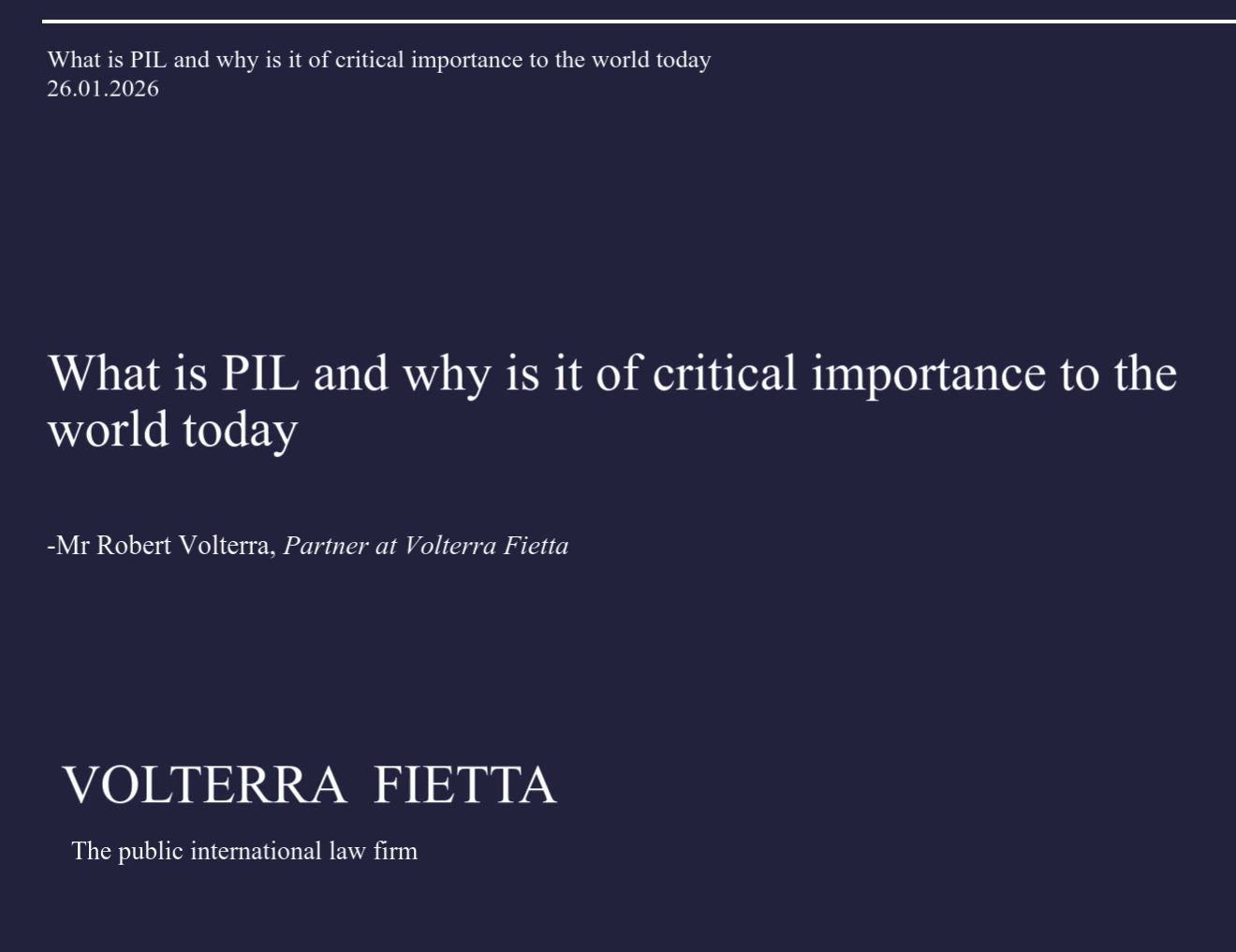On 21 June 2021, the Government of the Republic of Ecuador (“Ecuador”) became the 164th State to sign the Convention on the Settlement of Investment Disputes between States and Nationals of Other States (the “ICSID Convention”). Ecuador’s decision comes approximately a decade after Ecuador denounced the ICSID Convention and terminated most of its investment protection treaties. It represents a dramatic volte-face from the policies of previous governments, which had dismissed investment treaties and international arbitration of investment disputes as being onerous and unnecessary to attract investment.
Ecuador originally signed the ICSID Convention on 15 January 1986. The ICSID Convention entered into force for Ecuador on 14 February 1986. Over an eight-year period, from 2001 until 2009, Ecuador was sued by 14 foreign investors at ICSID for its treatment of their investments. Although it won most of its initial cases (Robert Volterra was lead counsel for Ecuador in its three early victories), Ecuador’s treatment of foreign investment subsequently led it consistently to lose its later cases. This led the president of Ecuador, Mr Rafael Correa, to embark on a crusade against investment treaties and international investor-State arbitration. Furthermore, President Correa’s economic policies increasingly and unapologetically violated investment protections contained in Ecuador’s investment treaties. Finally, on 6 July 2009, Ecuador served its notice of denunciation of the ICSID Convention to the World Bank. In addition to denouncing the ICSID Convention, Ecuador also terminated most of its bilateral investment treaties.
As a result, ever since and despite several well-publicised initiatives by successive governments to interest foreign investors in their country, Ecuador has experienced a drought of foreign direct investment.
Ecuador’s various attempts since 2009 to counter the negative effects of its decision to situate itself outside the global norm of investment protection treaties and international investor‑State arbitration have been spectacularly unsuccessful. Its attempts to enhance the Ecuadorian legislative framework and make it more appealing to foreign investors repeatedly failed to provide protections from sovereign risks associated with long-term and capital intensive projects. Its proposal to create a regional alternative to ICSID’s investment arbitration system, including recourse to a standing appellate court as part of the Union of South American Nations (“UNASUR”), collapsed when a number of States (including Ecuador) withdrew from UNASUR. The investment-promotion trip of Ecuador’s Minister of Foreign Trade to Europe in 2017, started with global fanfare and mocking the utility of investment treaties and international investment arbitration, ended in embarrassing failure. The Minister was unable to interest a single European investor in his country and was left asking European governments what Ecuador needed to do to attract foreign investors. The answer to that question was unanimous: sign up to investment protection treaties and international investment arbitration. Twelve years after denouncing the ICSID Convention, Ecuador’s inflow of foreign direct investment has never come close to reaching its pre-denunciation levels.
On 24 May 2021, Mr Guillermo Lasso defeated the left-wing economist Andrés Arauz to become the new president of Ecuador. His 2021‑2025 Work Plan promises to revive the economy and promote private sector investment. To do so, it proposes to enter into new bilateral investment treaties and to ratify, adhere to and respect international dispute resolution mechanisms. Ecuador’s decision to sign the ICSID Convention is consistent with Mr Lasso’s 2021‑2025 Work Plan. The decision has been praised locally and internationally. However, Ecuador’s signature of the ICSID Convention is simply the first step in the procedure to become an ICSID Contracting State again. In order for the ICSID Convention to come into force again, it will have to be ratified pursuant to Ecuador’s constitutional procedures. Regarding this last point, the Constitutional Court of Ecuador recently held that the ICSID Convention does not require legislative approval prior to ratification. Indeed, Articles 147(10) and 418 of the Ecuadorian Constitution grant the President the power to sign and ratify treaties.
For further information, please contact Robert Volterra (Robert.Volterra@volterrafietta.com) or Ricardo Gerhard (Ricardo.Gerhard@volterrafietta.com).



